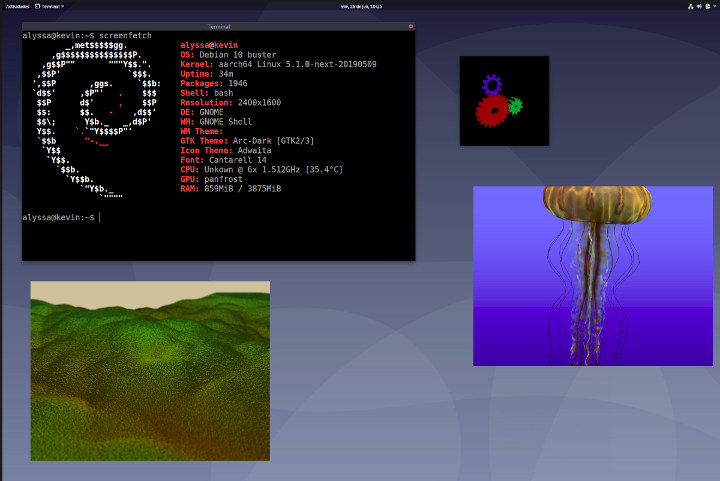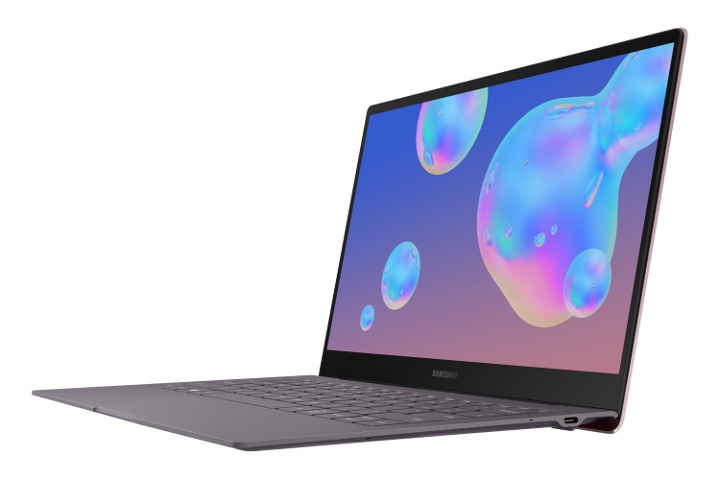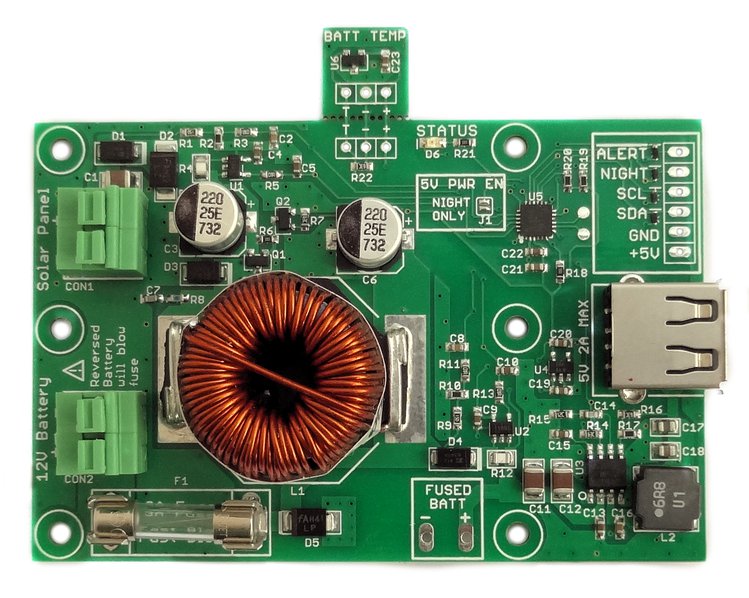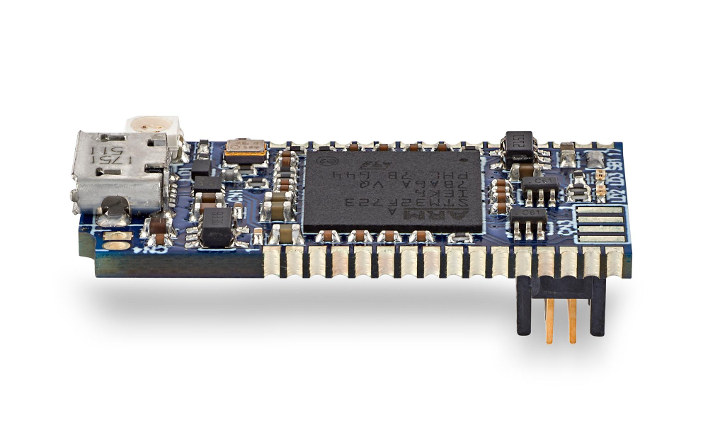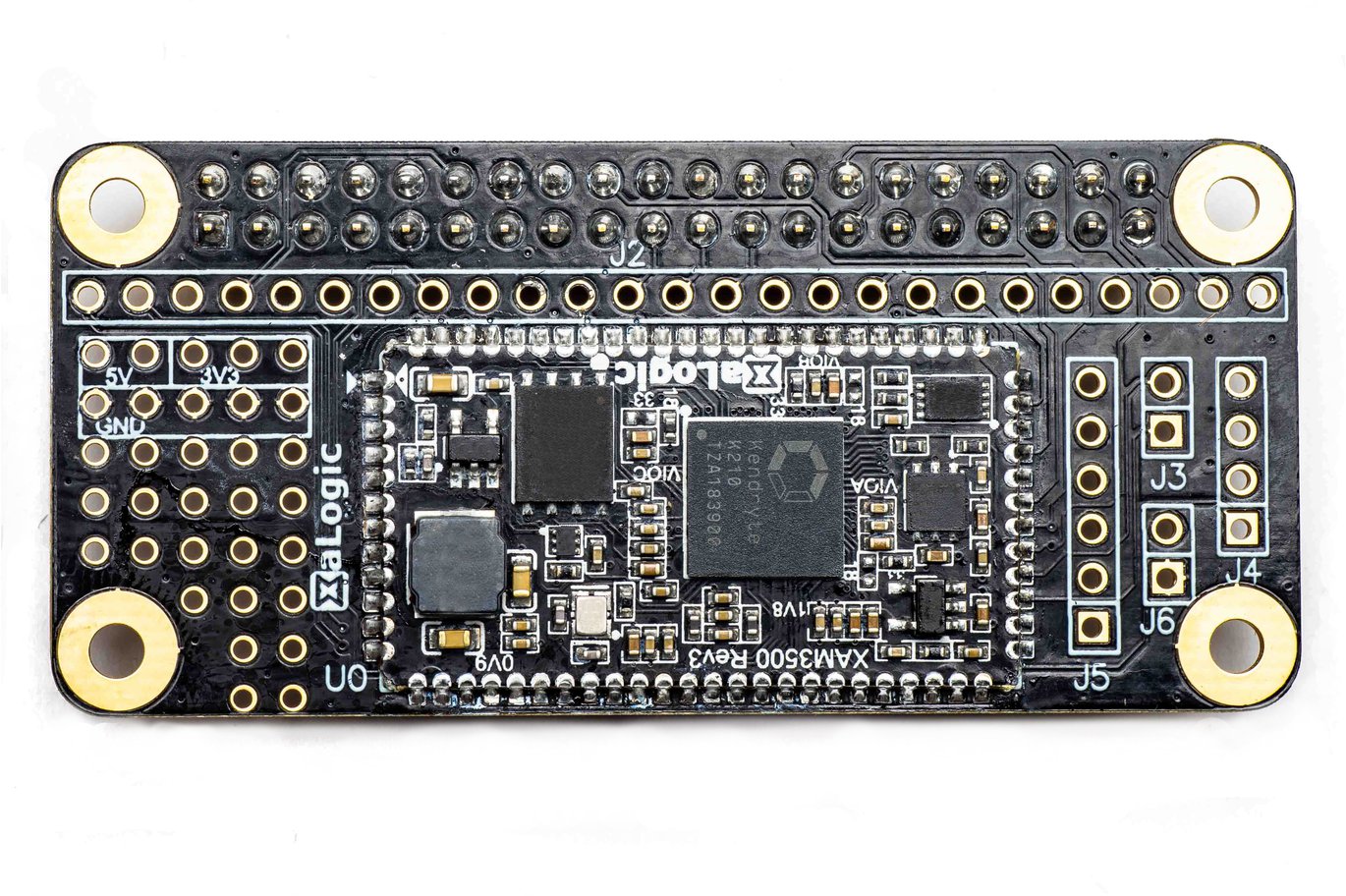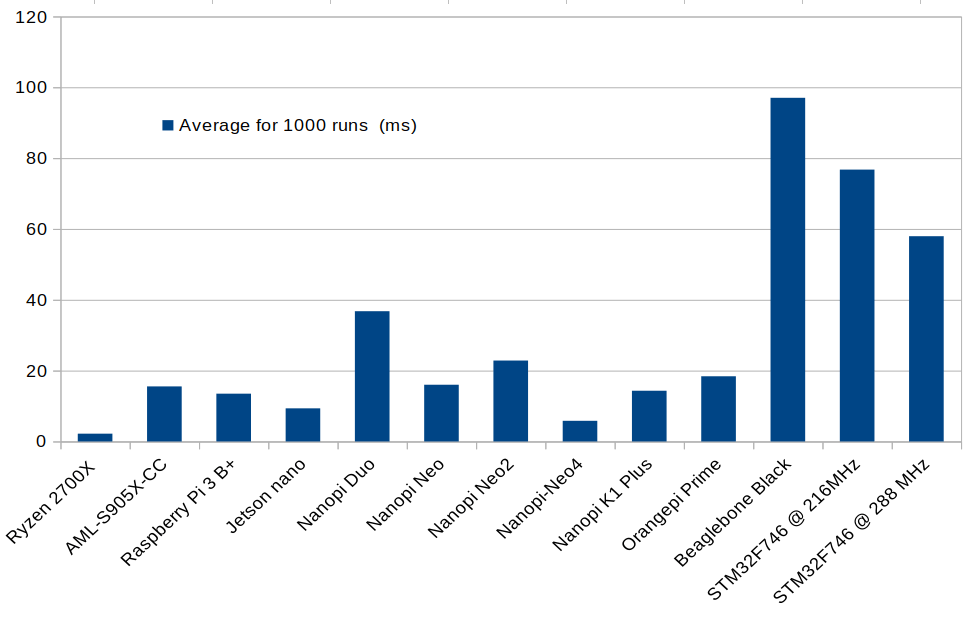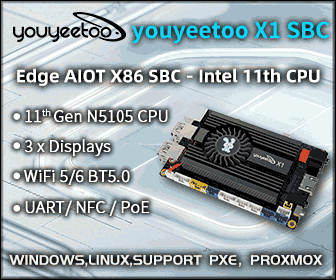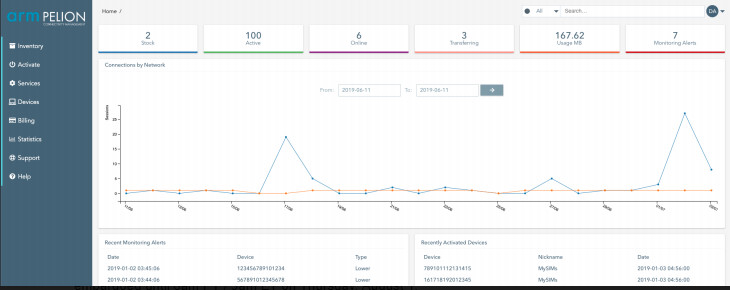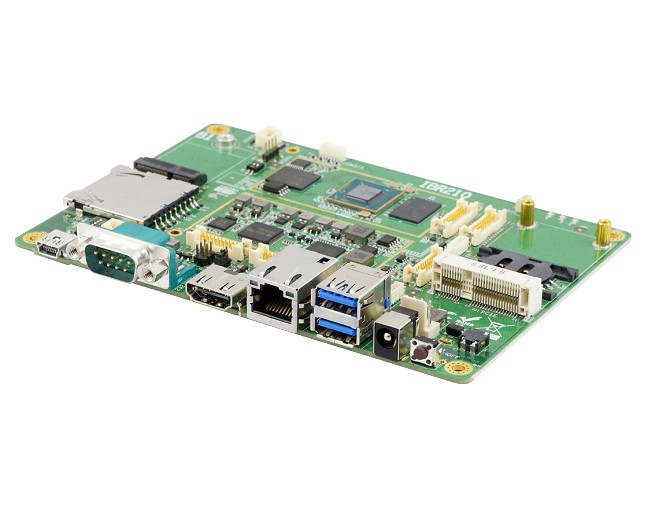One of the highlights of Linux 5.2 release was support for two new Arm Mali GPU open-source drivers, namely Lima for Mali-4xx GPU, and Panfrost for the Midgard Mali-T6xx/7xx/8xx series, and the more recent Bifrost Mali-Gxx GPUs. Collabora worked on the release and was donated a few Rock Pi 4 boards from Radxa directly to work on the project. For those who are not familiar, Rock Pi 4 board is powered by a Rockchip RK3399 processor with a Mali-T860MP4 GPU that is supported by Panfrost open source GPU driver. The company managed to have Debian 10 Buster running on Rock Pi 4 using 3D graphics acceleration thanks to Panfrost drivers on both GNOME and KDE Plasma desktop environment, as well as Weston Wayland compositer. The good news is that you can build Rock Pi 4 images by yourself using Debos with the following commands:
|
1 2 3 |
git clone https://gitlab.collabora.com/rockpi/rockpi4 cd rockpi4 docker run --rm --interactive --tty --device /dev/kvm --workdir /recipes --mount "type=bind,source=$(pwd),destination=/recipes" --security-opt label=disable godebos/debos --scratchsize=8G rockpi4.yml |
Alternatively, you could directly download […]


